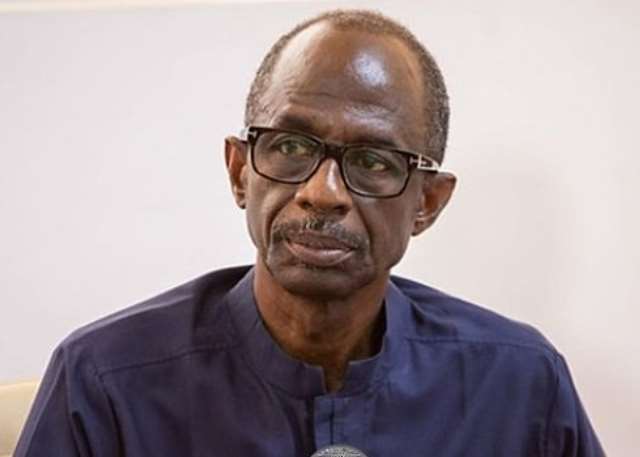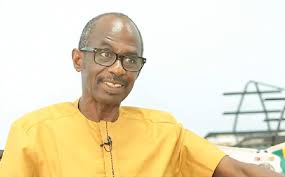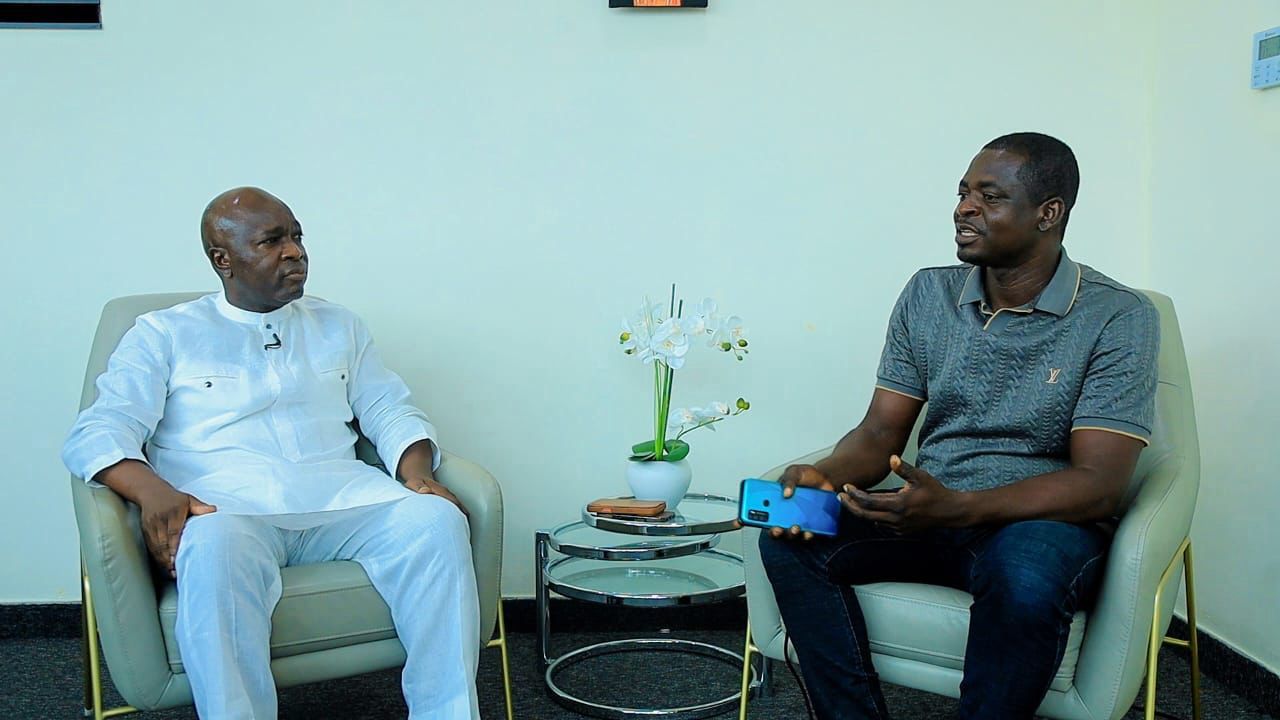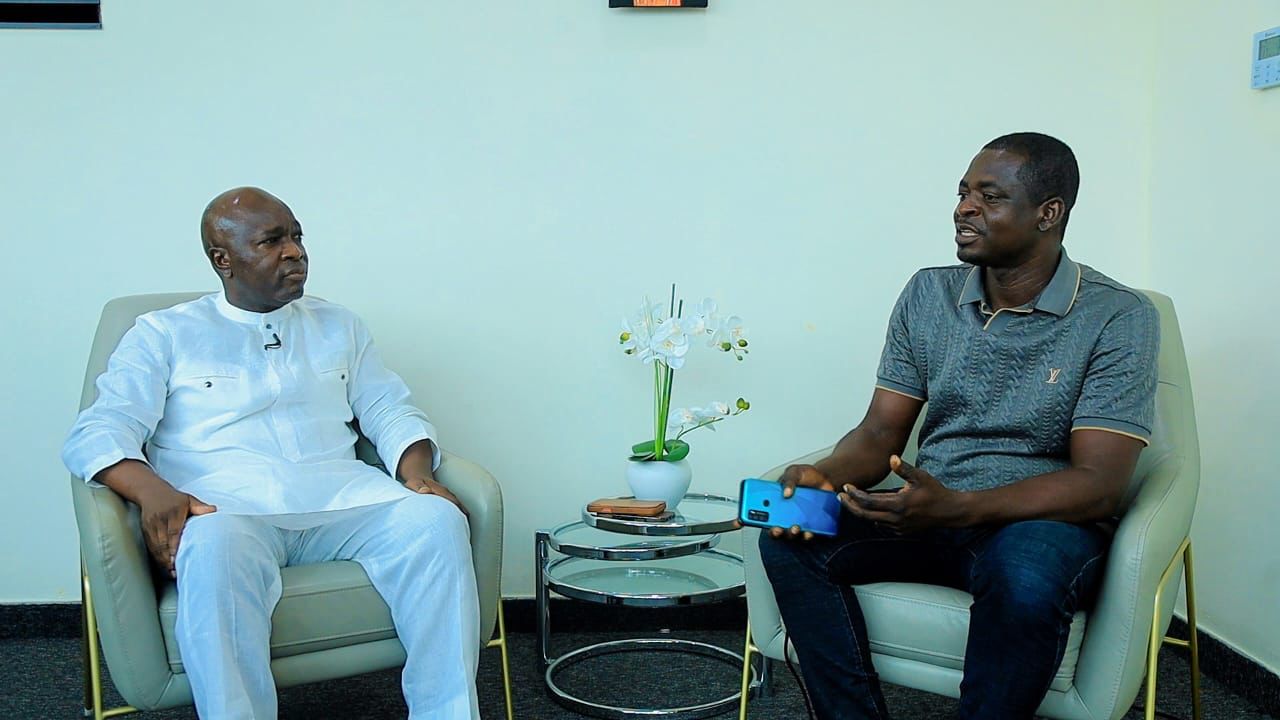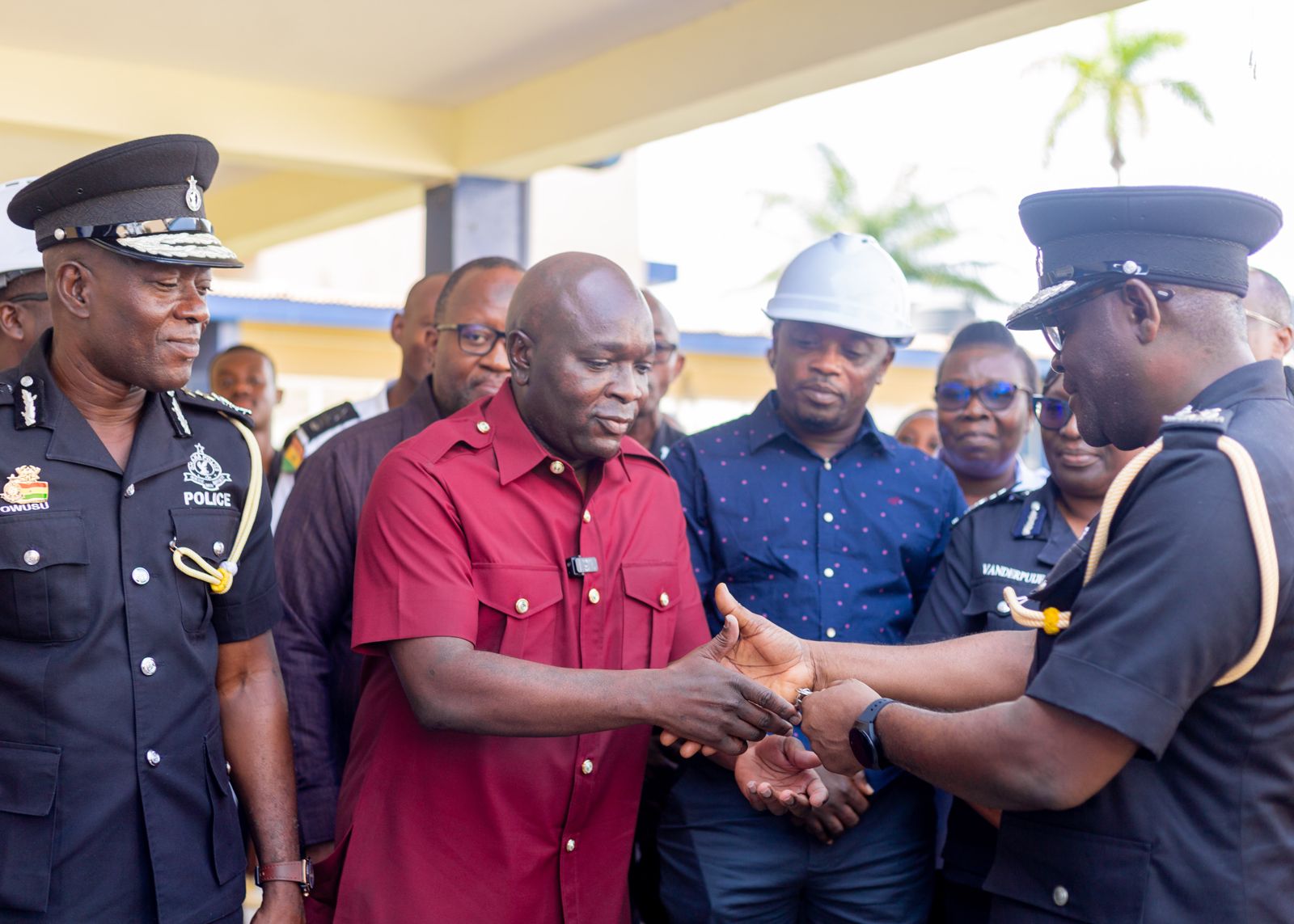Johnson Asiedu Nketiah, National Chairman of Ghana’s opposition National Democratic Congress (NDC), has rejected claims that the administration of President John Dramani Mahama is maneuvering to remove Chief Justice Gertrude Torkornoo, who was suspended earlier this year pending an official inquiry.
In an interview aired Tuesday on Channel One TV’s Face to Face, Mr. Nketiah emphasized that the executive branch has not initiated any effort to oust the Chief Justice beyond constitutionally mandated procedures.
“The executive has done nothing about the removal of the Chief Justice,” he said. “If anything at all, the executive is fulfilling its responsibilities under the Constitution.”
His remarks come amid intensifying political discourse around the independence of Ghana’s judiciary, as critics warn of what they describe as creeping encroachments on judicial authority. Some have accused President Mahama’s government of exploiting legal processes for political ends—a suggestion Mr. Nketiah flatly denied.
“There is no attack on the judiciary,” he stated. “What we are witnessing is institutional reform. If there are problems within the judiciary, then reforms are necessary to ensure it meets its constitutional obligations.”
The veteran politician, often referred to as "General Mosquito" in Ghanaian political circles, framed the current developments as part of a broader push to strengthen state institutions and deepen democratic governance.
Suspension of the Chief Justice
The controversy stems from the April 22 suspension of Chief Justice Torkornoo, a move taken by President Mahama following the establishment of a prima facie case based on three undisclosed petitions citing alleged misconduct and incompetence.
In accordance with Article 146(6) of Ghana’s 1992 Constitution, the president may suspend a Supreme Court justice after consulting the Council of State and appointing a committee to investigate the matter.
A five-member panel was subsequently formed to conduct the inquiry, chaired by Justice Gabriel Scott Pwamang and including Justice Samuel Adibu-Asiedu, former Auditor-General Daniel Yaw Domelevo, Major Flora Bazaanura Dalugo (Rtd.), and academic Professor James Sefah-Dzisah.
The panel’s findings are expected to determine whether Chief Justice Torkornoo will return to office or face formal removal—a decision that could have long-term implications for Ghana’s judicial independence and political stability.
A Political Flashpoint
Chief Justice Torkornoo, appointed under the previous administration, has at times found herself at odds with figures within the current government. Her suspension has sparked debate across legal, political, and civil society circles, fueling concerns that judicial reforms could be weaponized for political gain.
Mr. Nketiah, however, argued that the current process respects constitutional checks and balances and should not be interpreted as a political attack.
“All arms of government must operate within their mandates,” he said. “No institution is above reform if democracy is to work.”
The committee’s report is expected in the coming months, and observers say the outcome could either restore calm—or deepen tensions—between Ghana’s branches of government.



